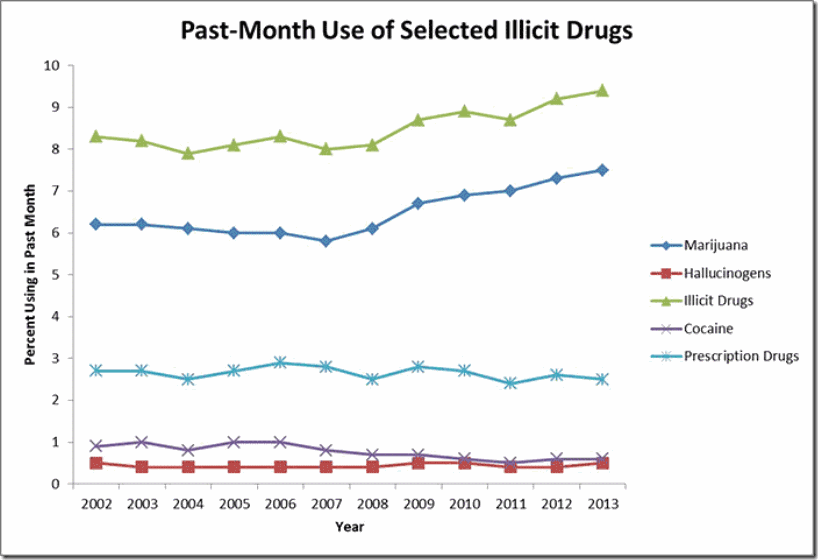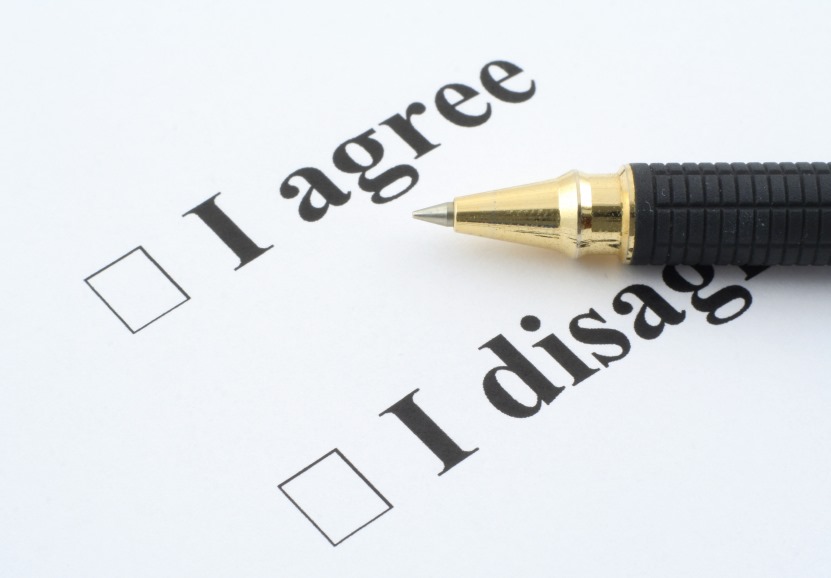Should You Ever Make Your Opponent’s Case For Them?
A reader recently asked whether it is ever safe to make an opponent’s argument before shooting it down:
“So there’s the advice about not repeating any criticisms of yourself (the “I didn’t beat my wife” thing). But what about repeating positive statements that are commonly made in favor of a prevailing viewpoint, before showing why they’re inaccurate? Does that help reinforce the invalid statements and damage your case?”
Here’s an example of this technique in action:
“Putting people in prison for drug offenses is an effective way to help manage our nation’s drug problem. At least that’s what our opponents say. But here’s a curious fact: While our prison population has risen since 2004, the percentage of Americans using illicit drugs has soared. You would have thought that taking drug users off the street would have led to a decline in drug use. It didn’t. Perhaps jailing people just isn’t doing much to address the drug problem after all.”

This is a rather standard rhetorical technique, and I’m comfortable with its use in public speaking settings and in (some) live interviews. However, I’d be more reluctant to use it during taped (or other non-live) media interviews, in which the first portion of the quote could—at least in extreme circumstances—be used against you.
Sticking with the example above, the advocate who opposes jail sentences for drug users could have been quoted as saying:
“Putting people in prison for drug offenses is an effective way to help manage our nation’s drug problem,” said Jane Smith, president of the Committee to Imprison Fewer Drug Users.
Is that a dishonest quote? Yes. And fortunately, most reporters wouldn’t spin a story that way. But how about your opponents? Think about a political advertisement in which such a statement, while unfairly taken out of context, could be used against you. Or opponents with malicious motives editing that quote as a stand-alone thought and sharing it on social media.

Because I assess those risks as real but low, I’d usually feel okay about using such an argument in live settings (speech or interviews), in which the context is more abundantly clear to the audience. Yes, there’s risk there too (those quotes can also be used later), but usually not as much, and usually not enough to justify avoiding an often effective rhetorical device.
As for whether or not such a technique reinforces an inaccurate perception, it depends on the audience’s level of knowledge. If they’ve never heard the incorrect perception and are unlikely to encounter it, there’s probably no need to introduce it yourself. But if it’s a widely held belief, acknowledging that you’re aware of it might help bolster your own point by showing you’re aware of it, have considered it, and found it to be false.
What do you think? Feel free to leave your views in the comments section below.
Chart via NIH National Institute on Drug Abuse


